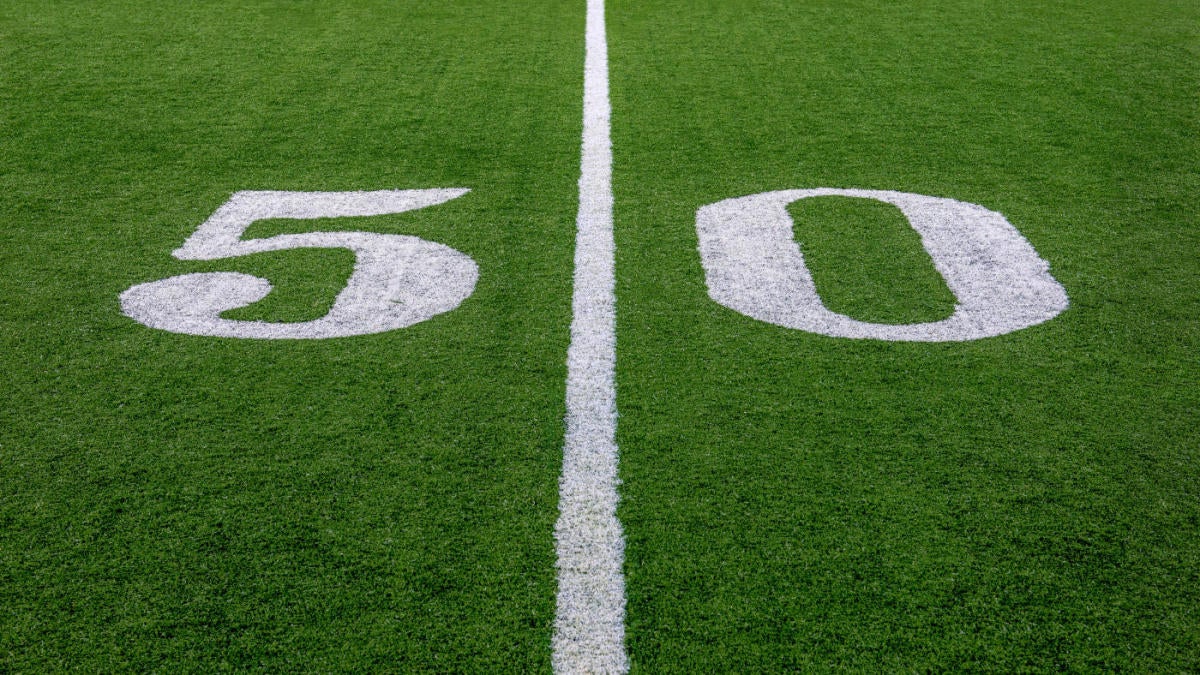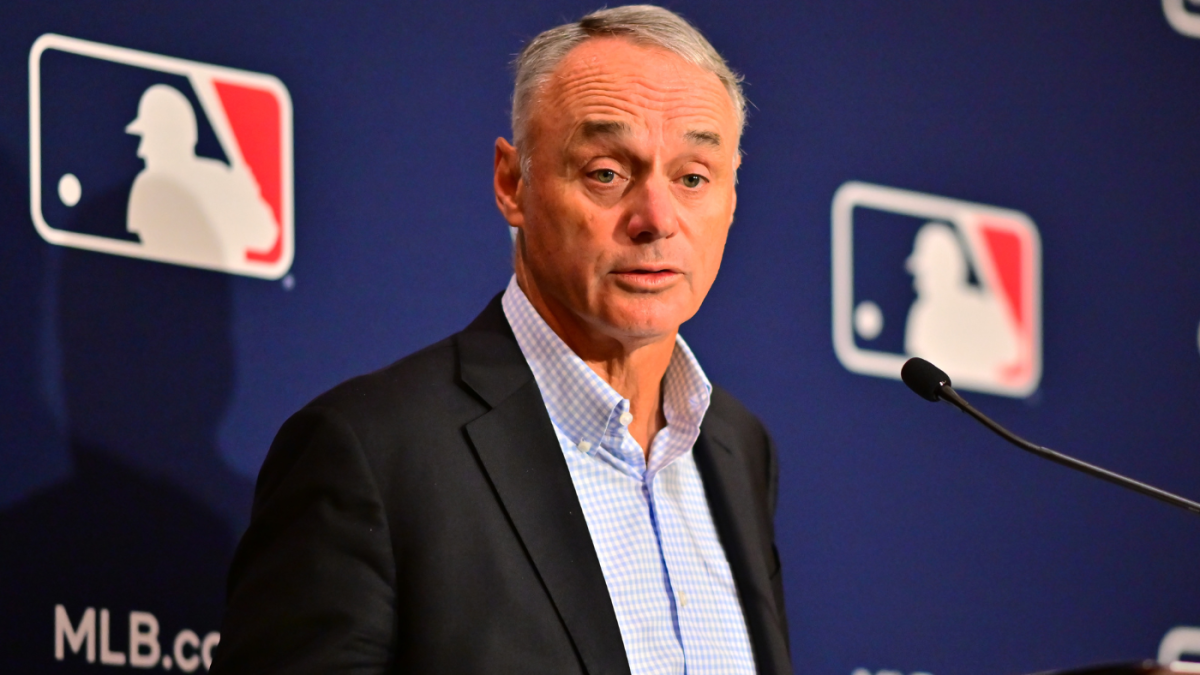

Major League Baseball is reportedly willing to waive its relocation fee for the Oakland Athletics if they move the franchise to Las Vegas, Nevada, according to the New York Post.
In what’s undoubtedly a coincidence and certainly not an attempt to gain additional leverage, that rumor has surfaced just days before the San Francisco Bay Conservation and Development Commission is scheduled to vote on Thursday on removing a port priority use designation on the Howard Terminal site, the location the Athletics have been eyeing for a waterfront stadium, among other mixed-use developments.
The relocation fee is a standard piece of sports business. As noted by the Post, the National Football League charged the Rams and Chargers more than $600 million to move to Los Angeles, and later docked the Raiders nearly $400 million to move to Las Vegas themselves. The National Basketball Association hasn’t had a team move in more than a decade, but had the last ones to do so pay a $30 million toll in the process.
MLB has also had remarkable consistency with its franchise locations. The Montreal Expos are the only team to relocate to another state since 1971. The threat of relocation has, nevertheless, served as an effective lubricant in several markets whenever the league has needed to grease the wheels for publicly financed stadiums. As CBS Sports noted in 2019:
One tried-and-true method teams use to land stadiums is threatening to move elsewhere if they don’t succeed. With MLB angling for new homes for the Rays and Oakland Athletics (and saying expansion won’t occur until after those teams are squared away), and beginning the process for the Diamondbacks and Los Angeles Angels, maintaining a vacancy in a viable market could pay dividends. To the untrained eye, such an approach appears nonsensical, a waste of fertile soil. But the NFL did something similar with Los Angeles over that city’s 20-year absence from professional football. “One of the things that helped NFL teams immensely over the last generation, until just the last couple of years, was having Los Angeles open,” said Michael Leeds, the chair of the economics department at Temple University. “Any team that wanted to renegotiate the stadium deal, or wanted a new facility built — all they had to do was mention the words Los Angeles, and the city would have to take notice.”
The Las Vegas Review-Journal not only confirmed The Post’s report, but elaborated on the aforementioned upcoming vote on the Howard Terminal site. The Athletics’ plan requires 18 of the 27 commissioners to vote in favor of removing the port use designation — an action that local agriculture stakeholders have pushed back against. Should the Athletics fall short of that vote mark, the project could be dead.










